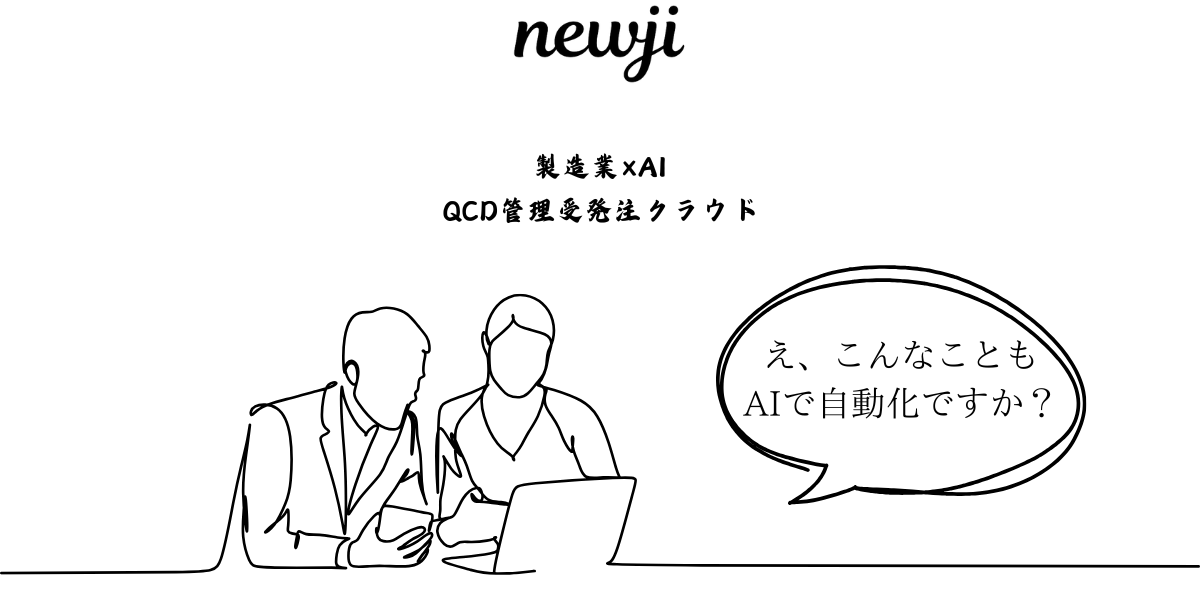- お役立ち記事
- Measurement of Melt Flow Index and Its Applications in Manufacturing

Measurement of Melt Flow Index and Its Applications in Manufacturing

Understanding the Melt Flow Index (MFI) and Its Role in Manufacturing
目次
What is Melt Flow Index (MFI)?
The Melt Flow Index (MFI) is a crucial parameter in the manufacturing industry, particularly in polymer and plastic production.
It measures the ease with which molten polymer can flow under specific conditions.
The standard test involves heating the polymer and allowing it to flow through a die of specified dimensions using a predetermined weight.
The result, expressed in grams per 10 minutes, provides a benchmark for the material’s flow characteristics.
Why is MFI Important?
MFI is vital because it directly affects the material’s processing and end properties.
A higher MFI indicates a lower viscosity, meaning the material will flow more easily.
Conversely, a lower MFI signifies higher viscosity or a slower flow rate.
Understanding these properties helps manufacturers select the right material for specific applications.
It also aids in troubleshooting processes and ensuring consistent product quality.
How is MFI Measured?
Equipment Used
The primary equipment for measuring MFI is a melt flow indexer, which consists of three main components: a heated barrel, a piston or plunger, and a die.
The polymer sample is loaded into the heated barrel and brought to a set temperature.
A weight is then applied to the piston to force the molten polymer through the die.
Testing Procedure
The standard procedure for measuring MFI is outlined by ASTM D1238 and ISO 1133.
The following steps are generally undertaken:
1. Heat the Polymer: The polymer sample is heated to a specific temperature based on its type.
2. Apply Weight: A prescribed weight is placed on the piston or plunger.
3. Extrude Polymer: The polymer extrudes through the die over a set period, usually 10 minutes.
4. Measure Extrudate: The extrudate is collected and weighed to determine the MFI.
These steps guarantee uniformity and reliability in MFI measurements.
Factors Affecting MFI
Temperature
Temperature plays a critical role in determining the MFI.
Polymer viscosity decreases with increasing temperature, thereby increasing the MFI.
Therefore, it’s essential to maintain precise temperature control during testing.
Weight
The weight applied to the piston affects the flow rate.
Heavier weights increase the force exerted on the polymer, resulting in a higher MFI.
Testing standards specify the weight to ensure consistency.
Polymer Type and Composition
Different polymers have unique molecular structures that impact their flow properties.
Additives and fillers can also affect MFI, making it essential to consider the material’s complete composition when interpreting results.
Applications of MFI in Manufacturing
Material Selection
MFI is invaluable for selecting materials for various applications.
For example, high-MFI materials are ideal for processes requiring easy flow and quick mold filling, such as injection molding.
Low-MFI materials are better suited for applications needing structural integrity and strength, such as extrusion processes.
Quality Control
MFI is a reliable indicator of material consistency and quality.
Regular MFI testing can identify variations in polymer batches, enabling manufacturers to take corrective measures.
This ensures that the final products meet the required specifications and performance standards.
Process Optimization
Understanding MFI helps optimize manufacturing processes.
For instance, in injection molding, selecting an appropriate MFI can reduce cycle times and improve product quality.
In extrusion, knowing the MFI can help adjust machine settings for consistent output.
Common Challenges in MFI Measurement
Sample Preparation
Proper sample preparation is crucial for accurate MFI measurement.
Inconsistent sample sizes or improper heating can lead to erroneous results.
Ensuring uniform sample preparation is key to obtaining reliable data.
Temperature Control
Maintaining precise temperature control is challenging but essential.
Even slight deviations can significantly affect MFI results, making it crucial to use well-calibrated equipment and adhere to standard procedures.
Interpretation of Results
While MFI provides valuable insights, it’s essential to understand its limitations.
MFI alone might not give a complete picture of a polymer’s properties.
It should be used in conjunction with other tests to make well-informed decisions about material selection and process parameters.
Future Trends in MFI Measurement
Advancements in technology are making MFI measurement more precise and efficient.
Automated systems are reducing human error and increasing repeatability.
Additionally, integrating MFI testing with other analytical techniques, like rheology, is providing a more comprehensive understanding of polymer characteristics.
Conclusion
The Melt Flow Index (MFI) is a fundamental parameter in polymer manufacturing, impacting material selection, quality control, and process optimization.
Understanding how to measure and interpret MFI can significantly enhance manufacturing efficiency and product quality.
By staying informed about the latest trends and overcoming common challenges, manufacturers can leverage MFI to achieve better outcomes in their operations.
 資料ダウンロード
資料ダウンロード
QCD調達購買管理クラウド「newji」は、調達購買部門で必要なQCD管理全てを備えた、現場特化型兼クラウド型の今世紀最高の購買管理システムとなります。
 ユーザー登録
ユーザー登録
調達購買業務の効率化だけでなく、システムを導入することで、コスト削減や製品・資材のステータス可視化のほか、属人化していた購買情報の共有化による内部不正防止や統制にも役立ちます。
 NEWJI DX
NEWJI DX
製造業に特化したデジタルトランスフォーメーション(DX)の実現を目指す請負開発型のコンサルティングサービスです。AI、iPaaS、および先端の技術を駆使して、製造プロセスの効率化、業務効率化、チームワーク強化、コスト削減、品質向上を実現します。このサービスは、製造業の課題を深く理解し、それに対する最適なデジタルソリューションを提供することで、企業が持続的な成長とイノベーションを達成できるようサポートします。
 オンライン講座
オンライン講座
製造業、主に購買・調達部門にお勤めの方々に向けた情報を配信しております。
新任の方やベテランの方、管理職を対象とした幅広いコンテンツをご用意しております。
 お問い合わせ
お問い合わせ
コストダウンが利益に直結する術だと理解していても、なかなか前に進めることができない状況。そんな時は、newjiのコストダウン自動化機能で大きく利益貢献しよう!
(Β版非公開)

